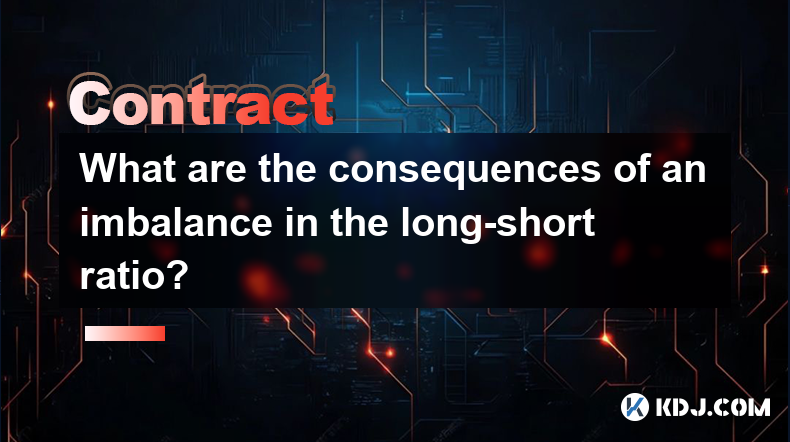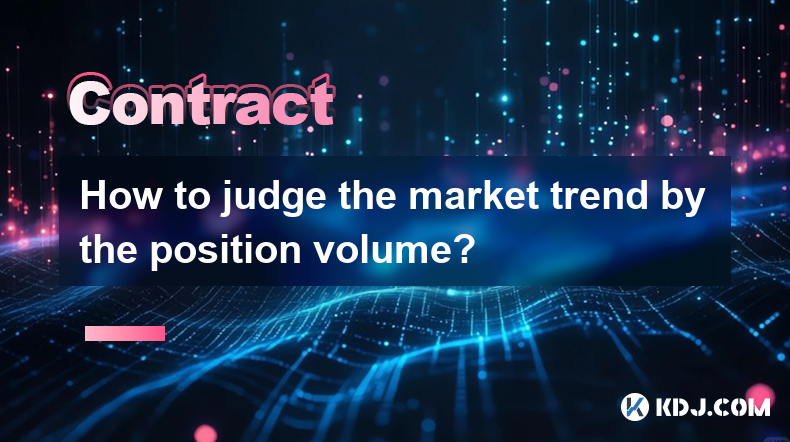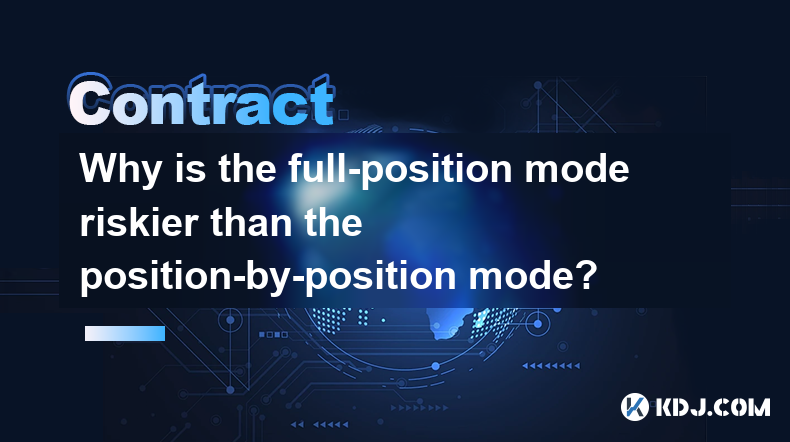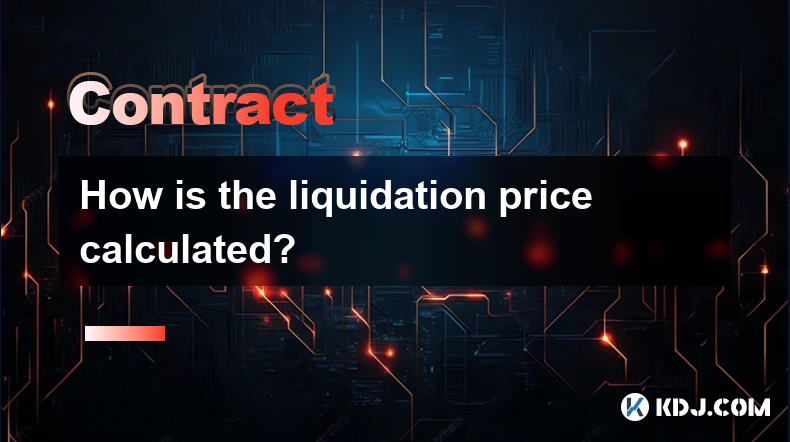-
 Bitcoin
Bitcoin $84,695.3415
0.76% -
 Ethereum
Ethereum $1,596.0705
0.70% -
 Tether USDt
Tether USDt $0.9999
-0.01% -
 XRP
XRP $2.1057
0.90% -
 BNB
BNB $586.5478
0.78% -
 Solana
Solana $133.2446
5.53% -
 USDC
USDC $0.9998
-0.03% -
 TRON
TRON $0.2481
-2.31% -
 Dogecoin
Dogecoin $0.1567
2.20% -
 Cardano
Cardano $0.6194
2.08% -
 UNUS SED LEO
UNUS SED LEO $9.4622
0.93% -
 Chainlink
Chainlink $12.4715
2.47% -
 Avalanche
Avalanche $19.2711
1.95% -
 Toncoin
Toncoin $2.9562
2.94% -
 Stellar
Stellar $0.2376
1.05% -
 Shiba Inu
Shiba Inu $0.0...01189
1.68% -
 Sui
Sui $2.1076
0.84% -
 Hedera
Hedera $0.1598
1.03% -
 Bitcoin Cash
Bitcoin Cash $333.5953
4.22% -
 Polkadot
Polkadot $3.6426
3.30% -
 Litecoin
Litecoin $75.2659
0.31% -
 Hyperliquid
Hyperliquid $16.6475
8.83% -
 Dai
Dai $1.0000
-0.01% -
 Bitget Token
Bitget Token $4.3782
0.86% -
 Ethena USDe
Ethena USDe $0.9991
-0.02% -
 Pi
Pi $0.6039
-1.77% -
 Monero
Monero $217.1068
-1.30% -
 Uniswap
Uniswap $5.2201
0.80% -
 OKB
OKB $51.3905
-1.79% -
 Pepe
Pepe $0.0...07294
2.43%
AscendEX contract arbitrage strategy
Contract arbitrage in cryptocurrency trading leverages price differences between various exchanges, allowing traders to potentially profit by simultaneously buying and selling leveraged perpetual futures contracts.
Nov 25, 2024 at 07:22 pm

1. Understanding Contract Arbitrage
In the realm of cryptocurrency trading, contract arbitrage involves exploiting price discrepancies between different exchanges offering leveraged perpetual futures contracts. By simultaneously buying and selling these contracts on different platforms, traders can capitalize on the imbalances and potentially generate profits.
Key elements of contract arbitrage:
- Perpetual futures contracts: Unlike traditional futures contracts, perpetual futures contracts have no fixed expiry date and continuously track the underlying asset's price.
- Leverage: Perpetual futures contracts allow traders to borrow capital from exchanges and increase their potential returns, but also magnify losses.
- Price differences: Price variations between exchanges create opportunities for arbitrage profits. These differences can arise from factors such as liquidity, market sentiment, and trading fees.
2. Identifying Arbitrage Opportunities
To identify potential arbitrage opportunities, traders employ sophisticated tools and techniques:
- Real-time data feeds: Track prices and order books from multiple exchanges in real time.
- Proprietary algorithms: Analyze price differences and calculate potential profits swiftly.
- Trading bots: Execute arbitrage trades automatically, enhancing efficiency and reaction time.
3. Executing Arbitrage Trades
Securing arbitrage profits requires careful trade execution:
- Simulate trades: Test potential strategies using paper trading or backtesting to estimate profitability.
- Avoid over-leveraging: Manage risk by using appropriate leverage ratios to mitigate potential losses.
- Minimize transaction costs: Consider trading fees, withdrawal fees, and gas fees associated with the transactions.
4. Managing Arbitrage Risks
Despite the potential rewards, contract arbitrage carries inherent risks:
- Market fluctuations: Prices can reverse quickly, eroding profits and potentially leading to losses.
- Exchange security: Ensure that the exchanges involved have a strong reputation for security to protect assets.
- Competition: Arbitrage opportunities are often fleeting, as other traders may seize them rapidly.
5. Advanced Arbitrage Strategies
Experienced arbitrageurs employ specialized strategies to maximize profits:
- Cross-platform arbitrage: Arbitrage between different trading pairs on different exchanges.
- Triangular arbitrage: Arbitrage involving three or more trading pairs across multiple exchanges.
- Statistical arbitrage: Leverage statistical models to identify and execute arbitrage trades with high probability.
6. AscendEX Contract Arbitrage
AscendEX is a popular cryptocurrency exchange that offers perpetual futures contracts. Its robust trading platform supports high-frequency trading and provides a suitable environment for arbitrage strategies.
- Competitive fees: AscendEX's trading fees are competitive, reducing the costs associated with arbitrage trades.
- Deep liquidity: AscendEX boasts ample liquidity in its perpetual futures markets, facilitating smooth trade execution and minimizing slippage.
- API support: AscendEX offers a comprehensive API that enables traders to connect custom trading bots and automate their arbitrage strategies.
Disclaimer:info@kdj.com
The information provided is not trading advice. kdj.com does not assume any responsibility for any investments made based on the information provided in this article. Cryptocurrencies are highly volatile and it is highly recommended that you invest with caution after thorough research!
If you believe that the content used on this website infringes your copyright, please contact us immediately (info@kdj.com) and we will delete it promptly.
- US Market Activity Could Spark Bitcoin Rally, Analyst Says
- 2025-04-17 20:15:12
- Cardano (ADA) Price Action – April 15 to April 16, 2025
- 2025-04-17 20:15:12
- Bitcoin (BTC) Has Become a Risk Asset, Tracking the Aussie Dollar-Yen (AUD/JPY) Pair
- 2025-04-17 20:10:12
- BitBonds or the art of integrating bitcoin into Treasury bond financing
- 2025-04-17 20:10:12
- Auradine, a maker of computing equipment for bitcoin (BTC) mining and AI applications, said it raised $153 million
- 2025-04-17 20:05:12
- Dogecoin (DOGE) Team Opposes Michael Saylor's "Bitcoin is chess" Tweet Comparing BTC to Hungry Hungry Hippos Game
- 2025-04-17 20:05:12
Related knowledge

How does Tail Protection reduce the loss of liquidation?
Apr 11,2025 at 01:50am
Introduction to Tail Protection in CryptocurrencyTail Protection is a mechanism designed to mitigate the risks associated with liquidation in cryptocurrency trading. Liquidation occurs when a trader's position is forcibly closed by the exchange due to insufficient margin to cover potential losses. This often happens in leveraged trading, where traders b...

What are the consequences of an imbalance in the long-short ratio?
Apr 13,2025 at 02:50pm
The long-short ratio is a critical metric in the cryptocurrency trading world, reflecting the balance between bullish and bearish sentiments among traders. An imbalance in this ratio can have significant consequences on the market dynamics, affecting everything from price volatility to trading strategies. Understanding these consequences is essential fo...

How to judge the market trend by the position volume?
Apr 11,2025 at 02:29pm
Understanding how to judge the market trend by position volume is crucial for any cryptocurrency trader. Position volume, which refers to the total number of open positions in a particular cryptocurrency, can provide valuable insights into market sentiment and potential price movements. By analyzing this data, traders can make more informed decisions ab...

Why does a perpetual contract have no expiration date?
Apr 09,2025 at 08:43pm
Perpetual contracts, also known as perpetual futures or perpetual swaps, are a type of derivative product that has gained significant popularity in the cryptocurrency market. Unlike traditional futures contracts, which have a fixed expiration date, perpetual contracts do not expire. This unique feature raises the question: why does a perpetual contract ...

Why is the full-position mode riskier than the position-by-position mode?
Apr 13,2025 at 03:42pm
Why is the Full-Position Mode Riskier Than the Position-by-Position Mode? In the world of cryptocurrency trading, the choice between full-position mode and position-by-position mode can significantly impact the risk profile of a trader's portfolio. Understanding the differences between these two modes is crucial for making informed trading decisions. Th...

How is the liquidation price calculated?
Apr 12,2025 at 01:35am
Introduction to Liquidation PriceLiquidation price is a critical concept in the world of cryptocurrency trading, particularly when dealing with leveraged positions. Understanding how this price is calculated is essential for traders to manage their risk effectively. The liquidation price is the point at which a trader's position is forcibly closed by th...

How does Tail Protection reduce the loss of liquidation?
Apr 11,2025 at 01:50am
Introduction to Tail Protection in CryptocurrencyTail Protection is a mechanism designed to mitigate the risks associated with liquidation in cryptocurrency trading. Liquidation occurs when a trader's position is forcibly closed by the exchange due to insufficient margin to cover potential losses. This often happens in leveraged trading, where traders b...

What are the consequences of an imbalance in the long-short ratio?
Apr 13,2025 at 02:50pm
The long-short ratio is a critical metric in the cryptocurrency trading world, reflecting the balance between bullish and bearish sentiments among traders. An imbalance in this ratio can have significant consequences on the market dynamics, affecting everything from price volatility to trading strategies. Understanding these consequences is essential fo...

How to judge the market trend by the position volume?
Apr 11,2025 at 02:29pm
Understanding how to judge the market trend by position volume is crucial for any cryptocurrency trader. Position volume, which refers to the total number of open positions in a particular cryptocurrency, can provide valuable insights into market sentiment and potential price movements. By analyzing this data, traders can make more informed decisions ab...

Why does a perpetual contract have no expiration date?
Apr 09,2025 at 08:43pm
Perpetual contracts, also known as perpetual futures or perpetual swaps, are a type of derivative product that has gained significant popularity in the cryptocurrency market. Unlike traditional futures contracts, which have a fixed expiration date, perpetual contracts do not expire. This unique feature raises the question: why does a perpetual contract ...

Why is the full-position mode riskier than the position-by-position mode?
Apr 13,2025 at 03:42pm
Why is the Full-Position Mode Riskier Than the Position-by-Position Mode? In the world of cryptocurrency trading, the choice between full-position mode and position-by-position mode can significantly impact the risk profile of a trader's portfolio. Understanding the differences between these two modes is crucial for making informed trading decisions. Th...

How is the liquidation price calculated?
Apr 12,2025 at 01:35am
Introduction to Liquidation PriceLiquidation price is a critical concept in the world of cryptocurrency trading, particularly when dealing with leveraged positions. Understanding how this price is calculated is essential for traders to manage their risk effectively. The liquidation price is the point at which a trader's position is forcibly closed by th...
See all articles























































































